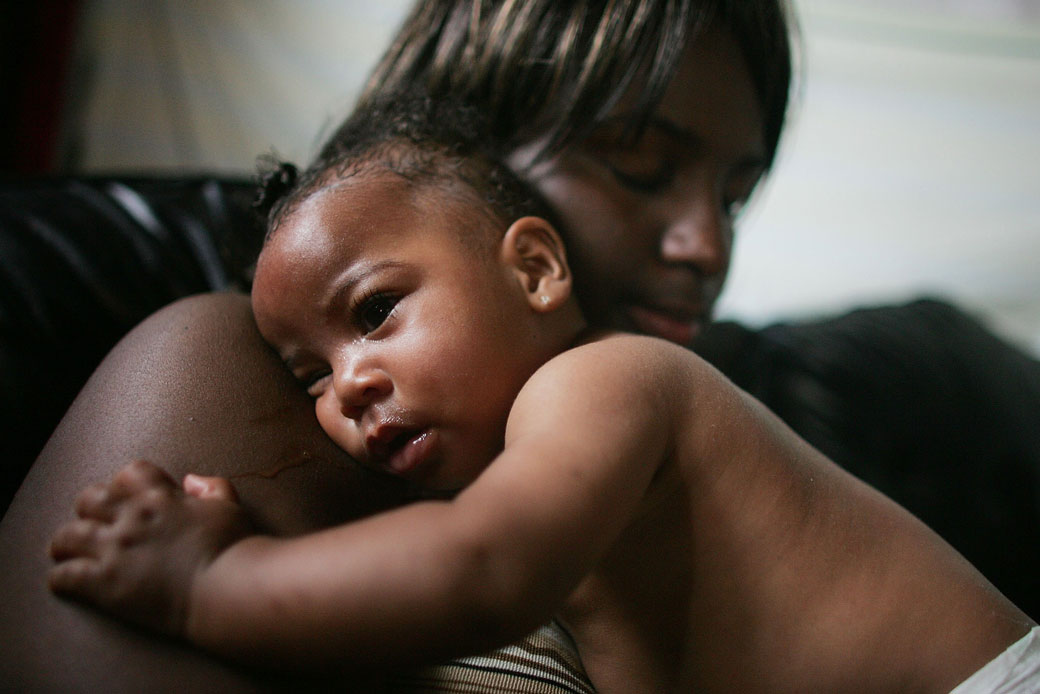
India Strother is frequently more than simply “Ms. Strother” to her most vulnerable pupils; they refer to her as “Mom,” and they look to her for advice as they navigate adolescence. She is given access to their dating histories, concerning pregnancy anxiety relating to their arguments with their parents and the hardship they endure outside of the classroom. She monitors the well-being of those on her mental list of people who are at risk of self-harm or suicide. Being a counselor at any high school in the United States entails doing it occasionally. But in mostly Black schools like the one Strother works at in Columbus, Ohio, where pressures and discrimination they confront because they are Black, as well as poverty and violence in certain communities that have had years of disinvestment, further stress children’s mental health. Strother remarked, “Whenever you deal with African Americans’ mental health, you’re not dealing with one thing. “There are various factors at play. The issue is trauma that has not been dealt with.
The causes of Black children’s mental health crises start young and last a lifetime
The causes of Black children’s mental health crises start young and last a lifetime. Black teenagers report facing an average of five incidences of racial discrimination per day, and Black children’s first contact with racism might occur before they are even in school. Young Black pupils are frequently seen as less innocent and older than their years, which causes schools to disproportionately punish them harshly. Compared to their white peers, black teenagers are much less likely to seek and get mental health care.
This is due in part to the fact that Black families frequently distrust the medical establishment following centuries of mistreatment, including lack of access to care and participation in discriminatory practices and experiments like the Tuskegee Study. The country also has a shortage of providers who understand the roles that racial identity and racism play in shaping young Black people’s mental health.
Financial security does not protect youth from the toll that racism takes on their mental health
A growing mental health epidemic among Black youth has been shown by research and health surveillance data over many years. The prevalence of suicide attempts among adolescents increased by approximately 80% between 1991 and 2019, which was the largest increase of any racial or ethnic group. Roughly 20% of Black youth reported having experienced racial trauma frequently or very frequently in their lives, and roughly 53% of Black youth reported having moderate to severe depressive symptoms.
Black people endure greater rates of poverty and underinsurance as a result of these inequities and lived experiences, which have structural foundations in discrimination in housing, education, and health care. However, according to Dr Alfiee Breland-Noble, a psychologist and the founder of the AAKOMA Project, a mental health NGO that focuses on adolescents of colour, financial security does not protect youth from the toll that racism takes on their mental health. “Socioeconomic status adds another layer to it, but that’s not the thing that’s driving a lot of the behaviors that our young people are experiencing,” she said. “It’s the fact that people make assumptions about Black kids, based purely on their stereotypes.”
